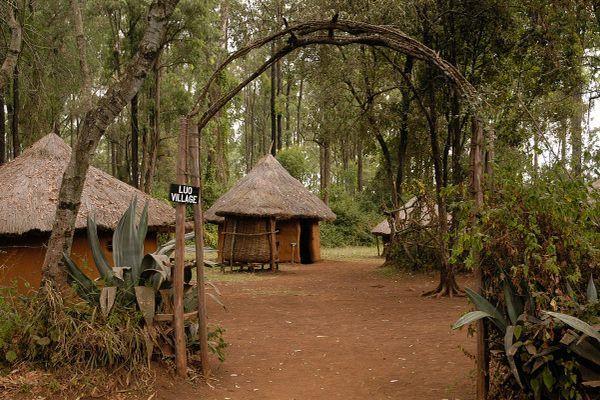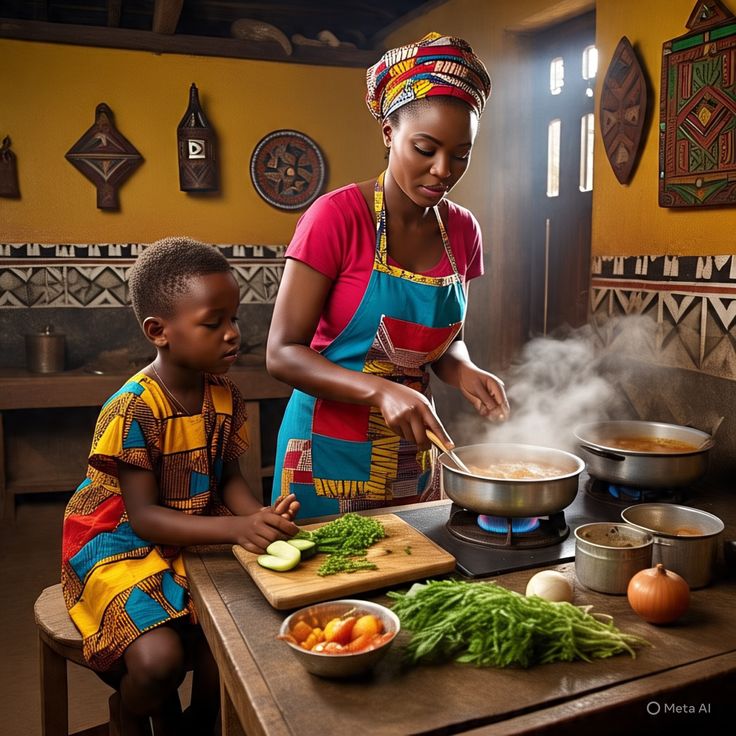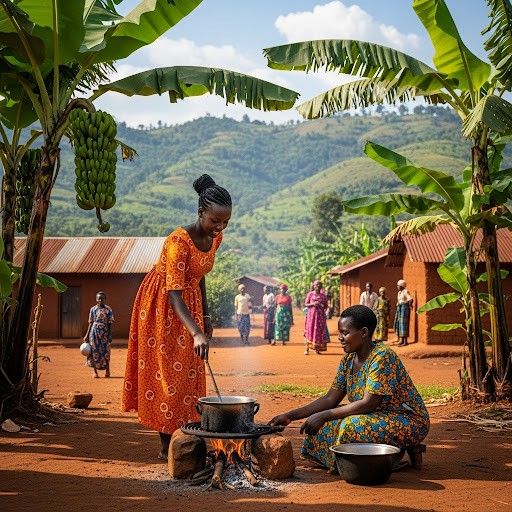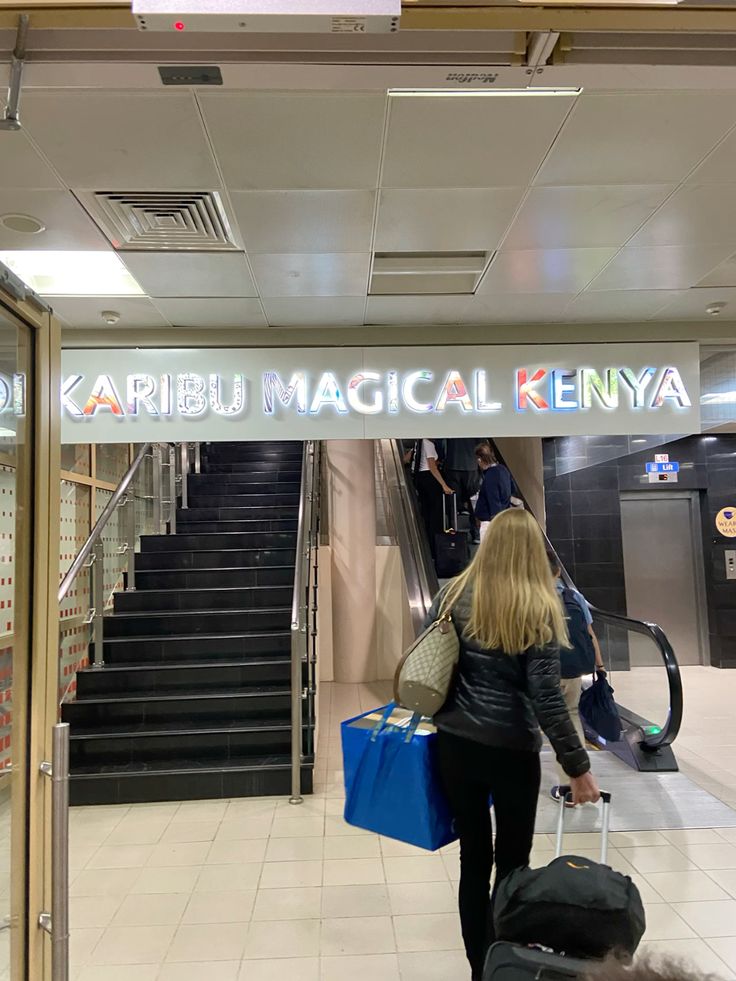If you have ever stepped foot in Kenya, there is a good chance the first word you heard was “Karibu.” It is a simple word, just seven letters, yet it carries a warmth that lingers long after the moment has passed. “Karibu” means welcome, but in Kenya, it means much more than that. It is an invitation to belong.
In Kenya, hospitality is not a performance. It is woven into the rhythm of everyday life. It is in the way a stranger greets you with a smile, how a family insists that you sit and share a meal, and how your host keeps refilling your cup long after you have said you are full. It is a kind of kindness that expects nothing in return.

A Word That Opens Doors and Hearts
When Kenyans say “Karibu,” it is not a mere courtesy. It is sincere. You will hear it everywhere, from hotel reception desks to dusty roadside kiosks, from the matatu conductor helping you find a seat, to the grandmother offering you a cup of chai in a rural village.
Each “Karibu” carries its own emotion. It may come with laughter, a handshake, a gentle nod, or even a warm embrace. In that simple exchange, barriers fade. The word bridges cultures, languages, and differences, reminding everyone that in this corner of the world, strangers do not stay strangers for long.

Hospitality Rooted in Culture
Kenyan hospitality runs deep in the country’s traditions. Across the diverse communities of Kenya, from the Swahili coast to the Maasai plains, and from the Kikuyu highlands to the Luo lakeshores, hosting a guest is a sacred duty.
In many homes, guests are seen as blessings. To welcome someone is to honor them, and to feed them is to show love. Even in modest households, visitors are treated like family. A guest will always be offered food or tea, no matter how little there is to share. This generosity, quiet and effortless, defines the Kenyan spirit.


In Swahili culture, there is a saying, “Mgeni ni baraka,” which means a guest is a blessing. This belief echoes across the nation. It explains why Kenyans will go out of their way to ensure that you are comfortable, safe, and at ease, even if you have only just met.
More Than Service, It Is Connection
In hotels, lodges, and safari camps, “Karibu” has become the signature word of Kenyan tourism. Yet it is not limited to formal spaces. It can be heard in the laughter of a tour guide sharing stories from his village, in the joy of a hotel chef explaining the spices in your meal, or in the friendly wave of a security guard who wishes you a good morning every day.


Kenyan hospitality is not about perfection. It is about presence. It is about people who see you, listen to you, and care about your experience. Even in the bustling heart of Nairobi, small gestures of warmth abound. A boda boda rider will check if you arrived home safely. A fruit vendor will add an extra mango to your bag and say, “kwa sababu wewe ni mteja mzuri,” meaning “because you are a good customer.”
The Spirit of Karibu
To understand “Karibu” is to feel it. It is the taste of freshly brewed chai shared on a veranda overlooking green hills. It is the sound of laughter at a family gathering. It is the way people say, “You are welcome here,” not as a phrase, but as a promise.
“Karibu” is more than Kenya’s welcome. It is Kenya’s soul. It is what draws travelers back, not only for the landscapes or wildlife, but for the people who turn moments into memories and encounters into friendships.
Leaving with Karibu in Your Heart
When you leave Kenya, you carry “Karibu” with you. You remember the warmth of the people who opened their homes, shared their stories, and treated you as one of their own. You realize that hospitality here is not about grand gestures or luxury. It is about humanity.
That is the gift of Kenya, a reminder that kindness needs no reason and that welcome needs no invitation. So, when someone says “Karibu Kenya,” know that they mean it with their whole heart. Because in Kenya, welcome is not just a word. It is a way of life.
